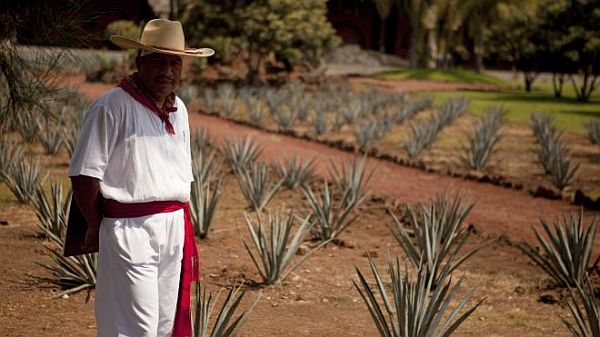Western Mexico - The U.N. Educational, Scientific and Cultural Organization is maintaining its designation of the area of Mexico where tequila originated as a World Heritage Site. "We're convinced this was a decision well taken," UNESCO official Nuria Sanz told a press conference in this western metropolis.
The agave crops and old industrial plants where the traditional drink was made, located in the western Mexican states of Jalisco, Guanajuato and Nayarit, were named a World Heritage Site in 2006, but UNESCO said earlier this year that the region's status was threatened by pollution and mismanagement.
Sanz recently took a tour of the region to see what was being done or had been done by the authorities to promote cultural projects and the growth of tourism.
The UNESCO representative said that the projects undertaken in the tequila-producing area "are beginning to show how World Heritage Sites in the Latin American region can be developed," since they include projects that involve the community.
"Preserving an area is not easy, because one of the most important aspects is improving people's lives," she said. Sanz said that the ruling on cultural heritage does not mean that designated regions have to remain unchanged, but that local town governments should help them grow.
"At no time are the sites expected to be inalterable, embalmed in tradition - they must grow with the times," she said.



